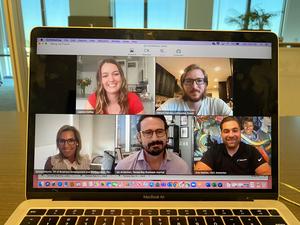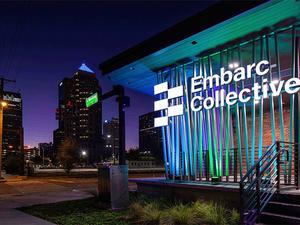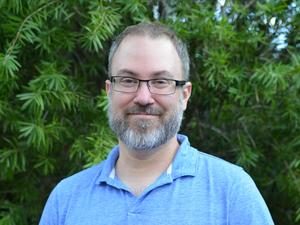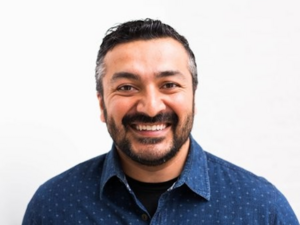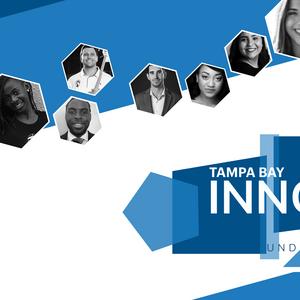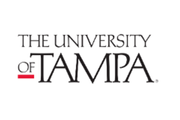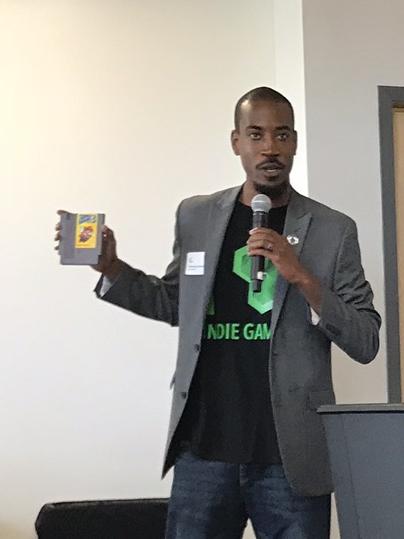
A local startup has rebranded from an international gaming platform to focus on an emerging trend its founder believes will be here to stay: esports.
"We saw that our business, over the last two years, 75 percent of money was from esports," Marcus Howard said. "So, it made sense to align where the future of the industry was going. ... It's bittersweet. We knew that we needed to move on, and it was just time to bite the bullet and make a change."
Howard was the co-founder of ProjectMQ, which has now rebranded to become St. Petersburg-based MetArena. MetArena's aim is to partner with schools and universities that can leverage esports as a way to increase community engagement.
"Most of what is being done right now is using esports purely for entertainment," Howard said. "We see esports as a way to engage an entire community, not just the athletic esport professionals, but how do you get people who don't go to the final round [of a game] to get involved? How do you use it like a brand uses social media to engage with their audience?"
MetArena recently closed a deal with the University of Kentucky, which will launch its platform in the spring. It will pay MetArena an undisclosed annual subscription fee for the platform, but also work with the startup to build a digital gaming and esports course.
"Instead of a full degree it's going to be a micro-credential — instead of taking four years, you can take it for free and receive a micro-credential to use for internship or entry level job and get their foot in the esports industry," Howard said.
MetroArena has also partnered with MIDiA Research to offer its future customers insight to MIDiA's research at no cost.
"Schools are trying to help students leverage insight into what the consumer industry is, but they typically don't have the budget to pay for that access," Howard said. "They have a platform that indexes the intersection of the four to five sections they report on. You can find out how many people play this game, that watch this show, that listen to this music, and it can give insight to that cross section."
Howard said there are more deals on the horizon, and he is also eyeing breaking into the professional sports team world.
"They get to socialize with the brand, engage with the brand, we bring in free games to the ecosystem, they can earn prizes and again they're engaging in communities that they love," Howard said. "So, students, faculty, staff and fans can engage virtually, which is especially important with sports, as they are virtual or have limited capacity."
The team currently has five part-time employees and raised $56,000 through an equity crowdfunding platform, but will be focusing solely on partnerships for the near future.
"At this point we've done enough of trying to find funding — we found it's better to grow the company," he said. "There is a much larger opportunity [than ProjectMQ] because we can now support large industries instead of consumers. The B2B model makes sense with where we want to go and allow us to still reach gamers. So it's the same mission, just with a different approach."
